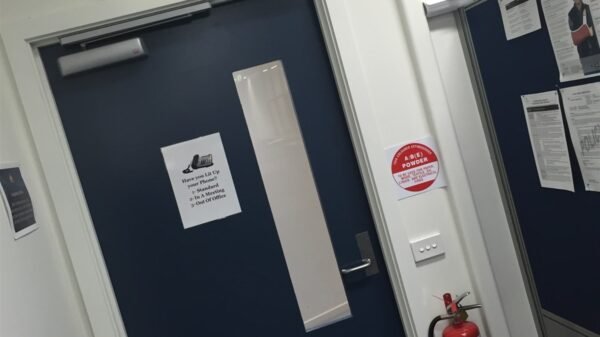Most people have a massive to-do list with the various thing they are yet to accomplish. And adding submitting a grant application to it can feel overwhelming. Government grants offer great opportunities not only to move projects forward but to create momentum and implement change in the community. But other than limited resources and time, most people create excuses for not applying for grants due to fear. The fear may be of rejection or not being capable of writing a competitive proposal. Below are common excuses most grant seekers use to avoid applying for grants and the best way to overcome them.
1. There is no grant funding to go after
Each year funding may seem different and vary due to some factors, including a pandemic, the changes in the economy, organizational priorities, and government policies. But, this does not mean that there are no grants or money out here. Grant foundations will always give out money if it is part of their yearly plan and goal. Also, it can be more than they do, even with any factors affecting the grant funding. Therefore, it is best to take time in monitoring grant announcements, be creative with your proposal and build relationships with funders.
2. I’ll need money to match the grant
Grants that distribute large amounts of money and many federal grants require a monetary much. Therefore, it is best not to apply for these funds if your organization does not have the funds or the will to put up the matching funds. However, smaller grants are out there and are easier to manage once you receive the funding. Thus, apply for a grant with a volunteer in-kind match or with no match requirement. In this way, you can build your confidence, and you get used to the process. Also, in a spreadsheet, save grants that need a monetary match to apply in the future. But, if you go ahead and apply, you will not get the grant funding. So start where you know makes you eligible to apply. Also, join grant funding workshops to learn how to stop making excuses and more about grant writing.
3. I’ll apply next year
Most grant seekers, out of fear, use this excuse. But, it can make sense if you learn about the grant late. Of course, there is no need to submit something you did not take the time to write for the sake of it. But if you have enough time to plan, it is best to give it a try instead of waiting for the next year again. To win half the battle, start. If you miss the deadline, spend time organizing and planning for the next round to be more confident. Meanwhile, if you can be part of a grant review committee, join. Grant reviewers are the best grant writers.
4. Writing a grant proposal is complicated
Developing a plan for the proposal is the hard part and not the writing process itself. Plus, most funders reject applications where the grant writers did not follow the guidelines. The basis of a great application is reviewing what the funder asks for and answering questions in a cohesive narrative. Therefore, give yourself time to collect statistics and activities you are trying to fund and think through the proposal. Also, find people who are not applying for the same grant to give an honest review of your application before you submit it.
5. Only previous applicants or large organizations get awarded
An organization that continually receives grants is because of their ability to demonstrate they can manage grant funding well and are good with fiscal stewards. Thus, although the chances of getting the grant funding are less on the first trial, use the first opportunity to create relationships with the funders to make your program or project known to the funders. Alternatively, you can collaborate with an organization with a better record of receiving grants and apply to grant projects rewarding collaborations. Additionally, you can opt to try less competitive grants to develop a track record of implementing projects and managing finances by the time you apply to larger grants.





























































